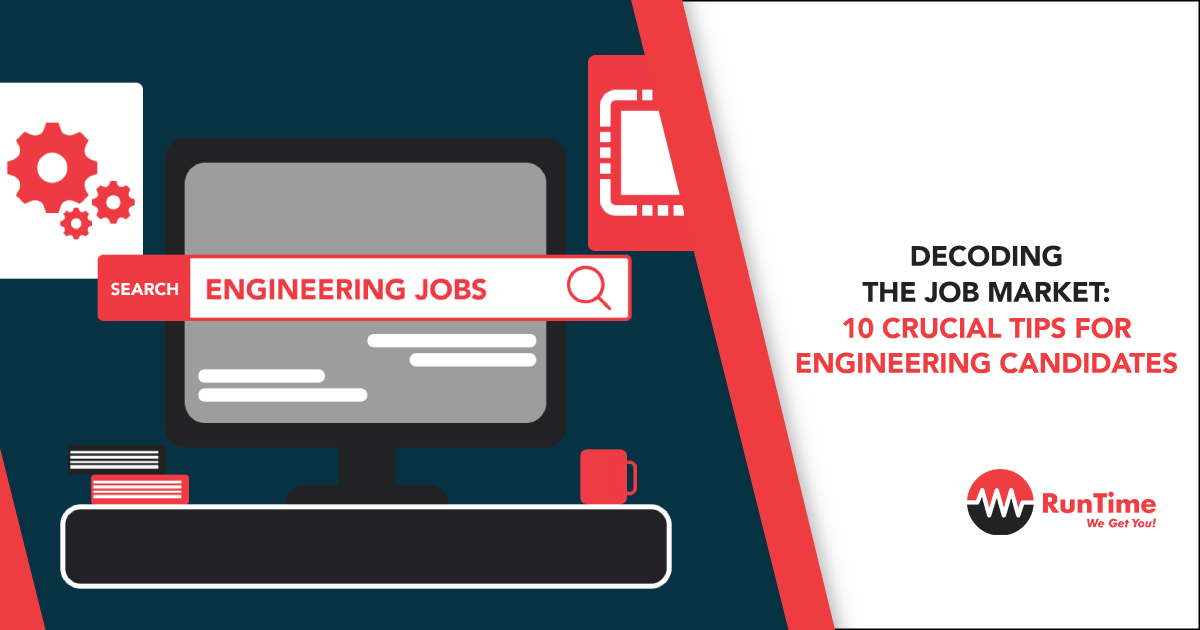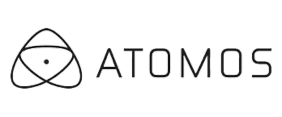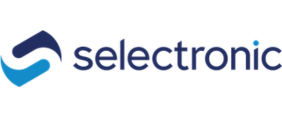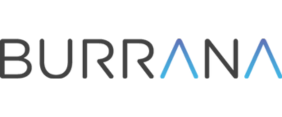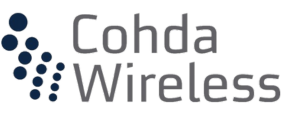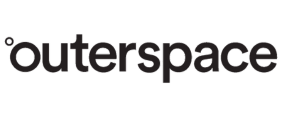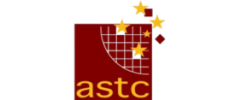As an engineering candidate, navigating the intricate landscape of today’s job market can seem like an insurmountable challenge. The engineering field’s continual evolution, paired with a competitive job environment, can make the path to landing that dream job appear daunting. Fear not! This comprehensive guide of 10 strategic tips will provide a roadmap to increase your chances of a successful job search, regardless of your engineering specialty.
1. Tailor Your Resume: Precision is Key
Every successful engineering project begins with a detailed blueprint, and your job search should be no different. Your resume is your personal blueprint, outlining your qualifications and skills for potential employers. An effective resume should be tailored to each job application to highlight relevant experiences and technical skills that align with the specific requirements of the job.
First, carefully analyze the job description to understand the key responsibilities and desired qualifications. Next, selectively highlight your experiences that directly align with these requirements. For example, if the job requires proficiency in C++, make sure to highlight projects or roles where you have used C++. A tailored resume allows recruiters to quickly and easily see how your skills align with their needs, increasing your chances of landing an interview.
2. Showcase Relevant Projects: Your Practical Experience Counts
Engineering is, at its heart, a practical discipline. Potential employers value candidates who can not only talk the talk but walk the walk. Showcasing a portfolio of completed projects can provide tangible proof of your technical proficiency.
Your portfolio should include projects from your academic coursework, professional experiences, and even personal projects. Each project should detail your role, the tools and technologies used, and the results or impact of your work. Remember to provide a context to explain the project’s goals and challenges and how your contribution made a difference.
3. Highlight Technical Skills: The Nuts and Bolts of Your Toolkit
As an engineer, your technical skills are your primary toolbox, enabling you to carry out your job effectively. Be explicit about the technical skills you possess, including programming languages, software, and tools you’re proficient in.
Also, make sure to distinguish between your core skills and your supplementary skills. For instance, as a software engineer, you may have core skills in Java programming, algorithm design, and database management, but supplementary skills in Python scripting for automating tasks.
4. Emphasize Soft Skills: The Human Element in Engineering
Even though engineering is a technical field, the importance of soft skills cannot be understated. Engineers are frequently required to work in teams, make presentations, and engage with clients or stakeholders. Therefore, skills like teamwork, communication, problem-solving, and leadership are highly valued.
To show these skills, highlight instances where you’ve successfully worked as part of a team, led a group to achieve a specific goal, or used innovative thinking to solve a complex problem. Showing that you’re not just technically proficient but also possess strong interpersonal skills can make you stand out among other candidates.
5. Pursue Relevant Certifications: Show Your Commitment to Learning
The world of engineering is continuously evolving, with new technologies and methodologies emerging constantly. Staying up-to-date and demonstrating a commitment to continuous learning is crucial. Obtaining relevant industry certifications can give you a competitive edge.
These certifications, such as PMP (Project Management Professional) for project management, Certified Scrum Master (CSM) for Agile and Scrum practices, or AWS Certified Solutions Architect for cloud computing, validate your skills and provide an external benchmark for your proficiency.
6. Maintain an Online Presence: Your Digital Footprint Matters
In the digital age, your online presence can be as important as your resume. Platforms like GitHub for software engineers or Behance for design engineers provide a space to showcase your work, contribute to open-source projects, and engage with the wider engineering community.
Additionally, having a LinkedIn profile is essential. Ensure your profile is up-to-date, includes a professional headshot, and features a summary that clearly articulates your skills and career goals. Join relevant LinkedIn groups, follow industry leaders, and engage with content to increase your visibility.
7. Network: Build Bridges, Not Just Code
The phrase ‘it’s not just what you know, it’s who you know’ holds true in the engineering job market. Building a professional network can provide invaluable opportunities to learn about unadvertised job openings or receive recommendations. Attend industry conferences, webinars, and meetups, and don’t be afraid to reach out to professionals in your desired field.
While networking can feel intimidating, remember that most professionals are happy to share advice or experiences. Prepare thoughtful questions and be sure to follow up with a thank-you note after any informational interviews or informal chats.
8. Prepare to Demonstrate Your Skills: Performance Under Pressure
During interviews, expect to face technical tests or questions designed to assess your engineering prowess. These can range from on-the-spot problem-solving exercises to take-home coding challenges or technical deep-dives into your previous projects.
To prepare for these, practice problem-solving under time constraints, familiarize yourself with common technical interview questions in your field, and be ready to explain your thought process clearly. Interviewers often care more about your problem-solving approach than whether you get the ‘correct’ answer.
9. Stay Updated on Industry Trends: Knowledge is Power
The engineering field is continually evolving, with new technologies and methodologies emerging regularly. Stay informed about the latest trends in your field by reading industry blogs, attending webinars, or subscribing to relevant podcasts.
Understanding these trends can help you anticipate industry needs and position yourself as a forward-thinking candidate. Additionally, you can often leverage this knowledge during interviews to demonstrate your passion and commitment to the field.
10. Display Passion: Let Your Enthusiasm Shine
Passion may seem like an intangible quality, but it can significantly impact your job search. Genuine enthusiasm for the field, the role, and the company you’re applying for can make you a more attractive candidate.
Employers are not just looking for employees who can do the job; they want employees who WANT to do the job. Your enthusiasm suggests that you will be motivated, dedicated, and likely to persevere in the face of challenges.
Perseverance Wins the Race
The job search process can be grueling, and filled with ups and downs. However, equipped with these tips, you can approach it strategically, leveraging your skills and experiences to their fullest potential. Stay resilient, keep learning and improving, and don’t be discouraged by setbacks. In the job market, as in engineering projects, patience, precision, and persistence often yield the greatest success.

